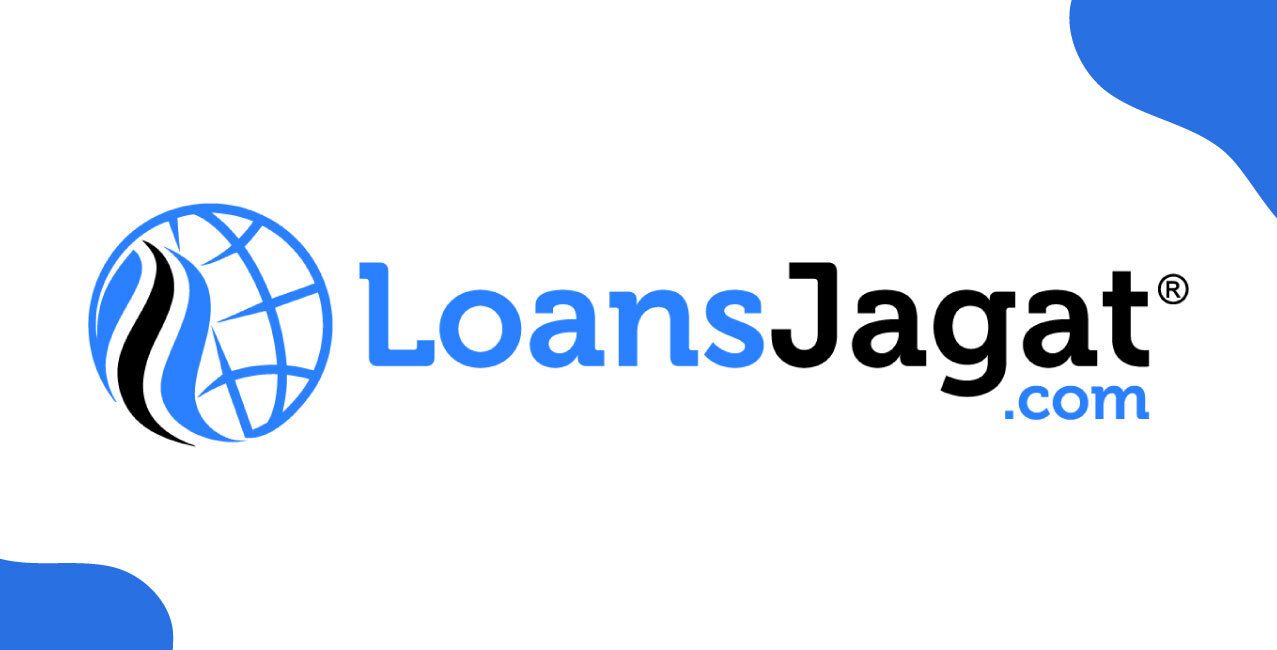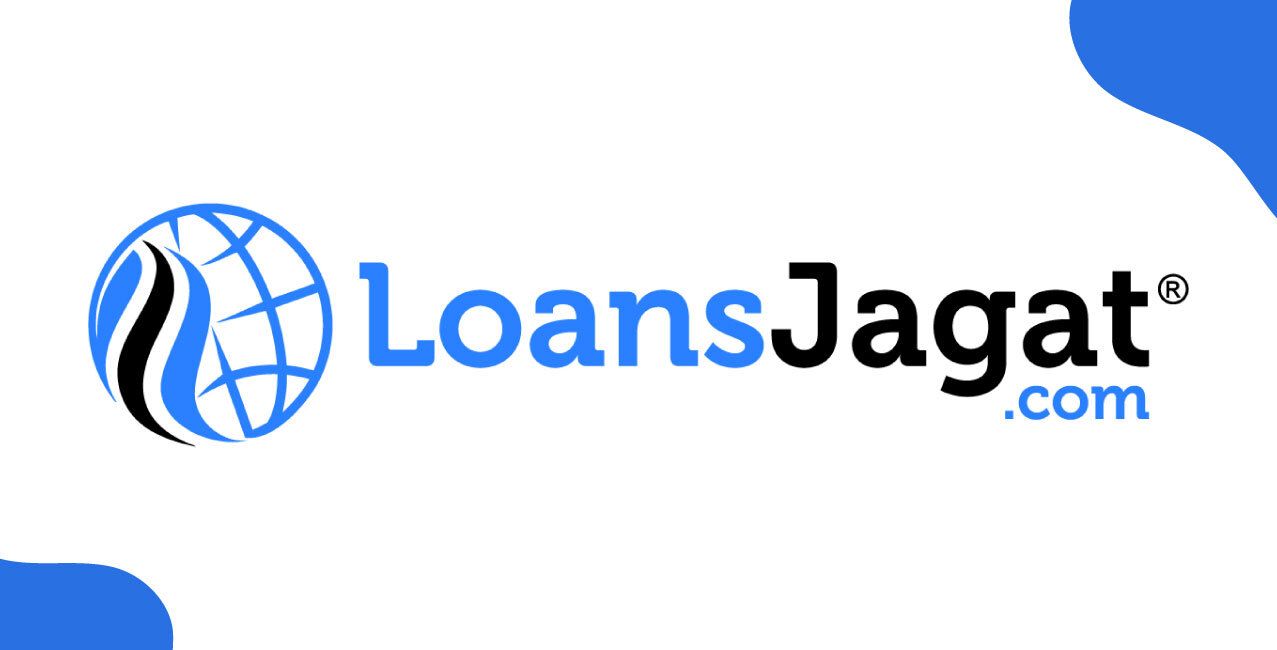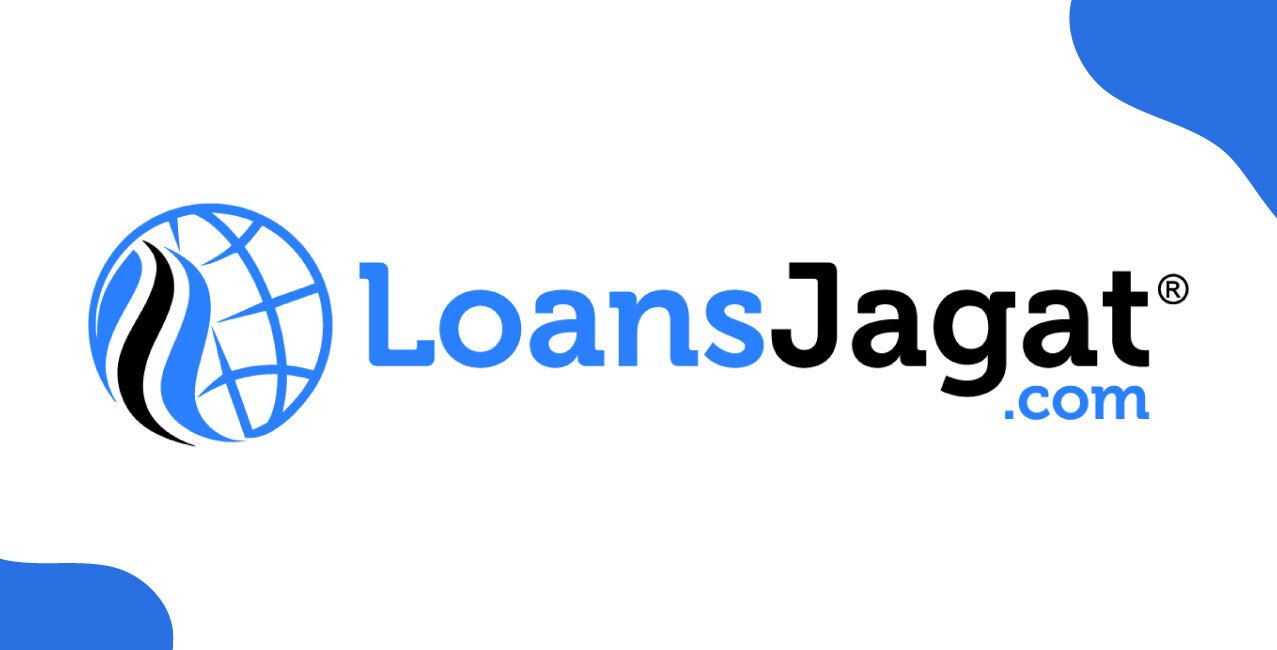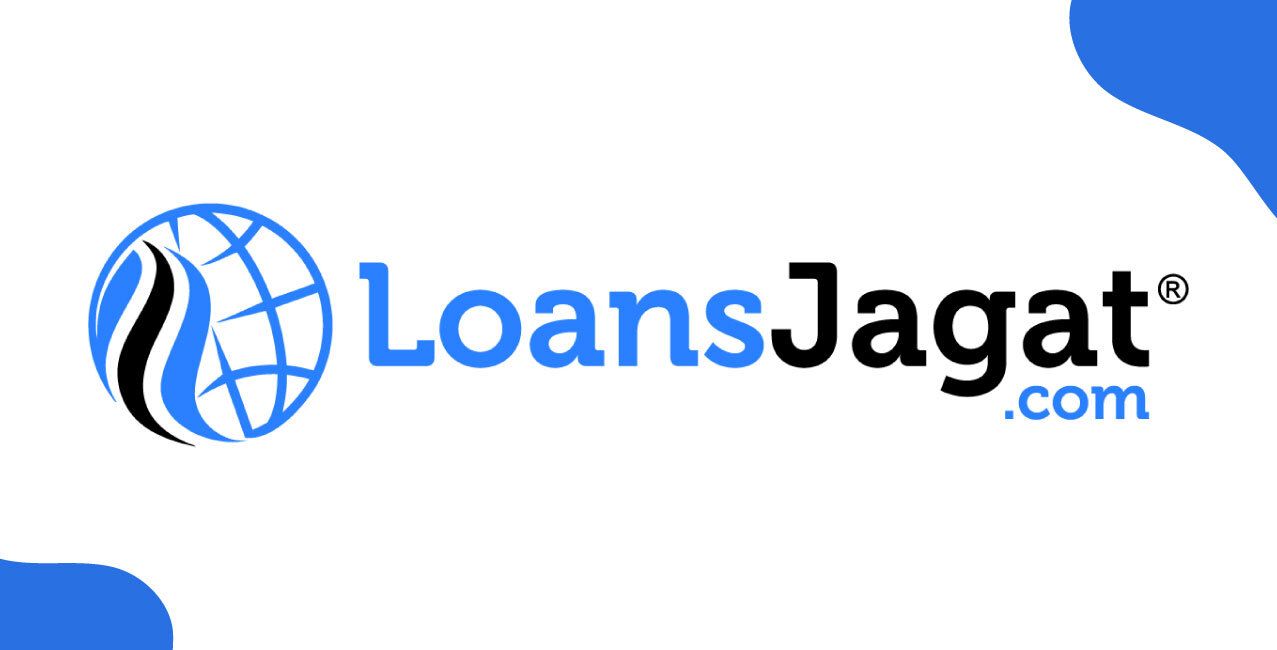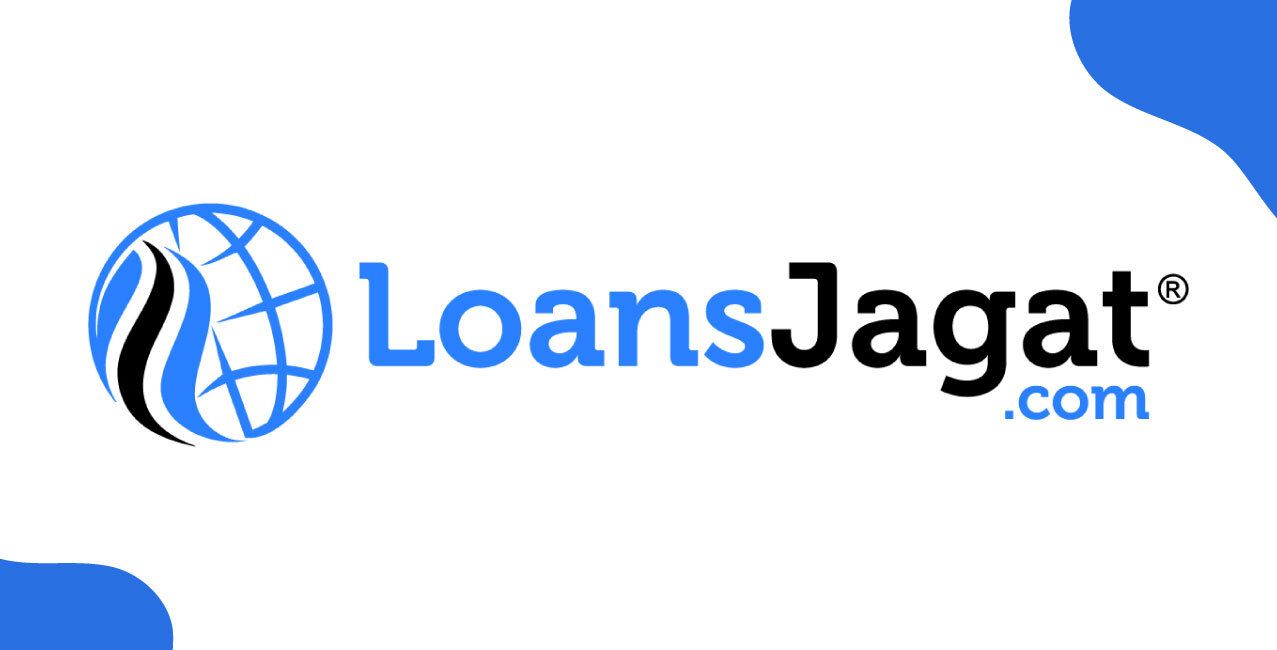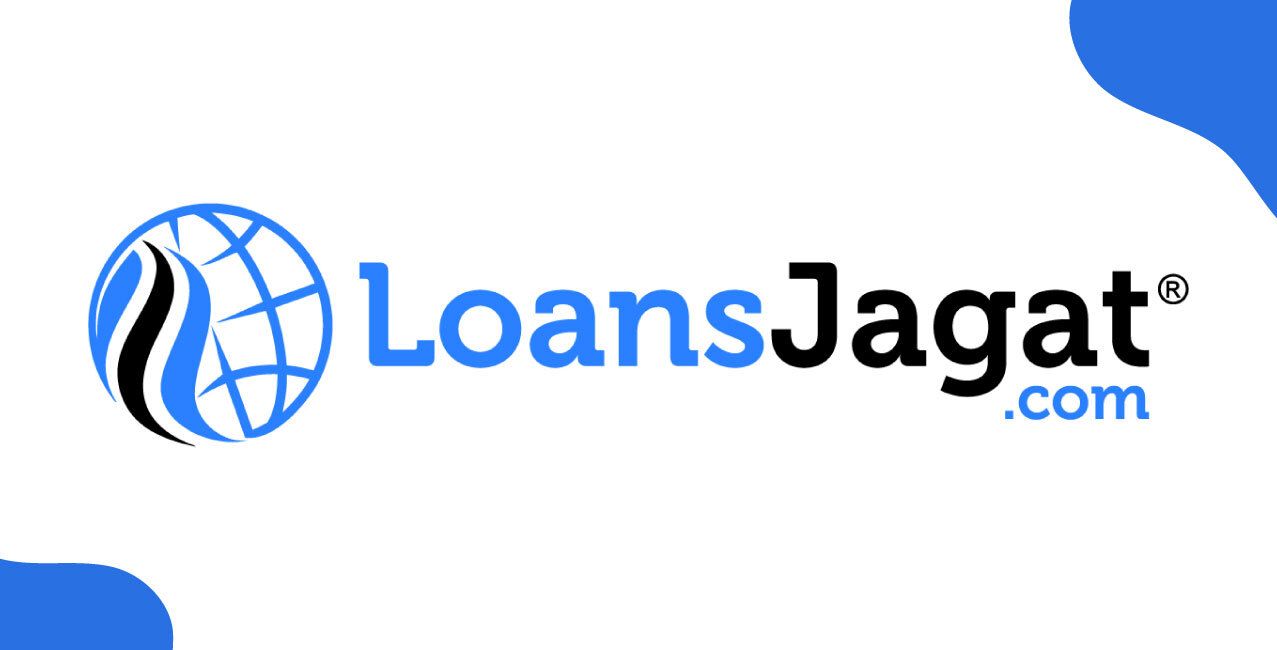What is Home Equity – Understanding Its Role in Property Ownership
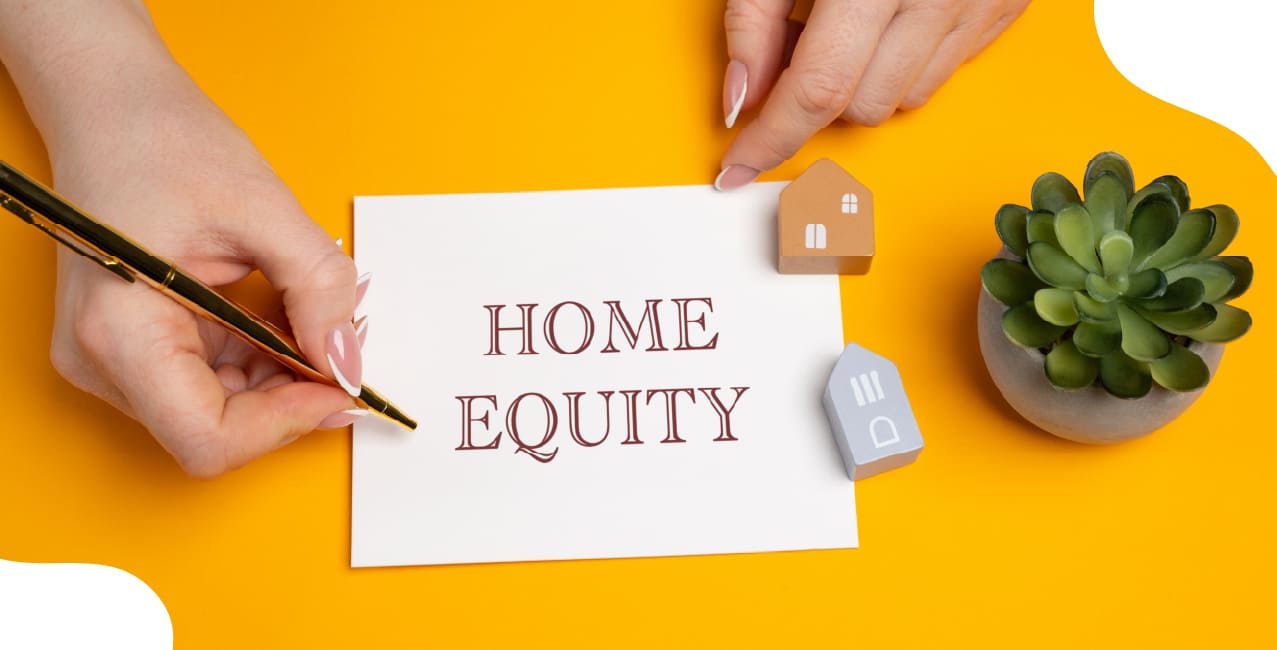
Check Your Loan Eligibility Now
By continuing, you agree to LoansJagat's Credit Report Terms of Use, Terms and Conditions, Privacy Policy, and authorize contact via Call, SMS, Email, or WhatsApp
Key Highlights
- Home Equity represents the portion of the property you truly own. It is calculated by subtracting your loan balance from the current market value of the property.
- By paying the loan amount faster, doing necessary upgrades, and the appreciation of property values increases your home equity..
- You can take a LAP (Loan Against Property) or build wealth for your retirement with home equity.
Your home is an asset. It builds wealth over time. Home equity measures this wealth for you. It is the difference between your home’s market value and the amount you still owe on your mortgage.
For example, you purchased a house worth ₹1,00,00,000 five years ago with a loan of ₹80,00,000. Over time, you have repaid ₹30,00,000 of the loan, and the property’s value has increased to ₹1,20,00,000.
Here’s how the calculation of home equity looks:
You now own ₹70,00,000 worth of the property. This equity can be used as collateral for a loan, or you can sell the house for more profits. Home equity tells you about YOUR ownership, so let’s know further about it.
What is Home Equity and How is It Calculated?
Home equity is the portion of your home that you truly “own”, that is, the part you have paid for. It is the difference between the property’s current market value and the total amount you still owe to the bank or housing finance company. If there are other secured loans or liens on the property, those are also subtracted.
Formula:
Equity = Current Market Value of Home – Outstanding Mortgage (and any other liens)
For example, if your home is worth ₹60,00,000 in today’s market and your unpaid home loan balance is ₹20,00,000, your home equity will be:
₹60,00,000 – ₹20,00,000 = ₹40,00,000
This ₹40,00,000 is the home equity, which also adds to your personal net worth.
Initial Equity in India
In India, equity is created from the very beginning through your down payment. If you purchase a home worth ₹1,00,00,000 and make a 20% payment (₹20,00,000), you instantly have 20% equity in the property.
The Reserve Bank of India (RBI) has clear Loan-to-Value (LTV) rules:
- For loans up to ₹30,00,000, banks can lend up to 90% of the property value. That means buyers must put in at least 10% equity upfront.
- For loans between ₹30,00,000–75,00,000, the maximum LTV is 80%, so you need 20% equity.
- For loans above ₹75,00,000, LTV is capped at 75%, requiring 25% equity.
This rule ensures that every homeowner in India starts with at least 10–25% equity the day they purchase their property.
Re-evaluation and Changing Equity
Your home equity is not fixed. Banks and valuers re-evaluate your property’s market value. If you have applied for a Loan Against Property (LAP) or a home equity loan, then this re-evaluation is done after a regular period. If property prices rise in your area, your equity automatically increases.
For instance, if your ₹75,00,000 house appreciates to ₹85,00,000 and your mortgage balance reduces to ₹20,00,000, your equity will increase to ₹65,00,000.
On the other hand, if property values fall or if you borrow additional loans against your house, your equity decreases.
The table below will help you understand the example in a better way:
So, factors like loan and market price affect your home equity. It increases and decreases based on these factors.
Did you know on average, in India, the price-to-income ratio is 8.8? This means a typical family must spend nearly 9 years of its annual income to afford a home. It is 15.1 years in Mumbai and 12.3 years in Delhi.
Importance of Home Equity in Personal Finance and Investing
Many times, we ignore things that are not important to us, for example, home equity. Till now, we know it builds wealth, but what more? ‘Fayeda kya hai?’ To answer this question, let’s discuss why home equity is an important subject to discuss.
1. Low-Cost Collateral
If you sign up for a Loan Against Property (LAP), home equity plays a critical role. LAP offers significantly lower interest rates and longer repayment tenures compared to unsecured loans. You can use LAPs to fund renovations, education, or emergencies.
The table below shows the interest rates for LAP in 2 different financial institutions:
These rates are lower than typical personal loan rates (approximately 12–15%). The security of the property makes the loan cheaper.
2. Wealth Creation for Retirement
The more you own, the better your long-term savings plan. As your loan reduces and the property appreciates, the home equity increases. At retirement, you can use this accumulated wealth through a reverse mortgage, selling, or renting.
For example, Ramesh bought a house in Pune for ₹50,00,000 in 2000. By 2025, its value grew to ₹2,00,00,000. This created a huge retirement equity.
The table shows how equity increased over time.
Your home should be yours to own and use. Why should the bank or even your grandson have a say on this?
How to Increase Home Equity Faster?
As stated above, home equity in India is affected by property prices, and the last few years have shown growth in it. Do you know that the All-India House Price Index (HPI) rose by +3.1% year-on-year in Q3 2024? Let’s see how you can increase your home equity faster in this section.
- Paying more towards your home loan principal, like through lump sums or top-ups, reduces the outstanding balance faster. This increases your equity.
- Opt for renovations that increase property value. Upgrades like modern kitchens or
bathrooms can enhance your home’s market value, which further increases your equity.
- Property values rise over time, and so does your home equity. So, go for areas which under development for better returns.
Any of these options can have a positive effect on your home equity. Although the national average seems small, metro cities show much faster growth. For instance, property prices in Delhi-NCR rose by 49% in a year. That means more home equity for owners.
Home Equity vs Home Loan
In India, not everyone can afford 2-3 crores in a month or even a year for their home. That is why they go for home loans. However, they often get confused between home loans with home equity. While both are secured by property, their purpose and benefits are different. The table given below shows the differences between the two.
A home loan helps you buy a new property, while a home equity loan tells you how much of your home is owned by you. Payment of a home loan gives you home equity.
Conclusion
Home equity is about your ownership in your home. As you pay your home loan EMIs, your loan amount reduces and your property value appreciates. Both of these factors increase your ownership percentage. Also, if you own a property in a developing area, the value of the property increases, and so does your ownership. Home equity builds wealth, can be used as leverage for emergencies, and works as a security. ‘Akhir apna ghar apna hota hai!’
Frequently Asked Questions
Can I pay off a home equity loan early?
Yes, most banks allow prepayment or foreclosure, sometimes with a small penalty charge.
What are the disadvantages of equity financing?
Ownership dilution, profit sharing, and loss of decision-making control are major disadvantages.
Will I pay tax when I convert equity to cash (sell or take LAaoan
If you sell, capital-gains tax applies (long-term vs short-term rules and indexation matter). Though taking a loan against equity is not a taxable event.
Can lenders seize my equity if I default? If yes, what’s the process?
Yes, by default, the lender can enforce the mortgage, sell the property and recover dues. Any leftover proceeds go to the owner, but foreclosure can erase most or all equity.
Is there a difference between a Loan Against Property (LAP) and a Home Equity Line of Credit (HELOC)?
Yes, LAP in India is usually a term loan with fixed limits and EMIs, while HELOC (less common in India) is a revolving credit line. Terms, pricing and flexibility differ.
Does having a homeowners’ association (society) dues or liens reduce my equity or borrowing ability?
Outstanding dues, liens or unresolved municipal charges lower usable equity and may block approval for loans until cleared.
How often should I get my property re-valued before applying for an equity loan?
Revalue before applying. Typically, every 1-3 years or after a major local price change, lenders also order their own valuation during underwriting.
Other Related Pages | |||
About the author

LoansJagat Team
Contributor‘Simplify Finance for Everyone.’ This is the common goal of our team, as we try to explain any topic with relatable examples. From personal to business finance, managing EMIs to becoming debt-free, we do extensive research on each and every parameter, so you don’t have to. Scroll up and have a look at what 15+ years of experience in the BFSI sector looks like.
Subscribe Now
Related Blog Post
Recent Blogs
All Topics
Contents
Quick Apply Loan
Consolidate your debts into one easy EMI.
Takes less than 2 minutes. No paperwork.
10 Lakhs+
Trusted Customers
2000 Cr+
Loans Disbursed
4.7/5
Google Reviews
20+
Banks & NBFCs Offers
Other services mentioned in this article



